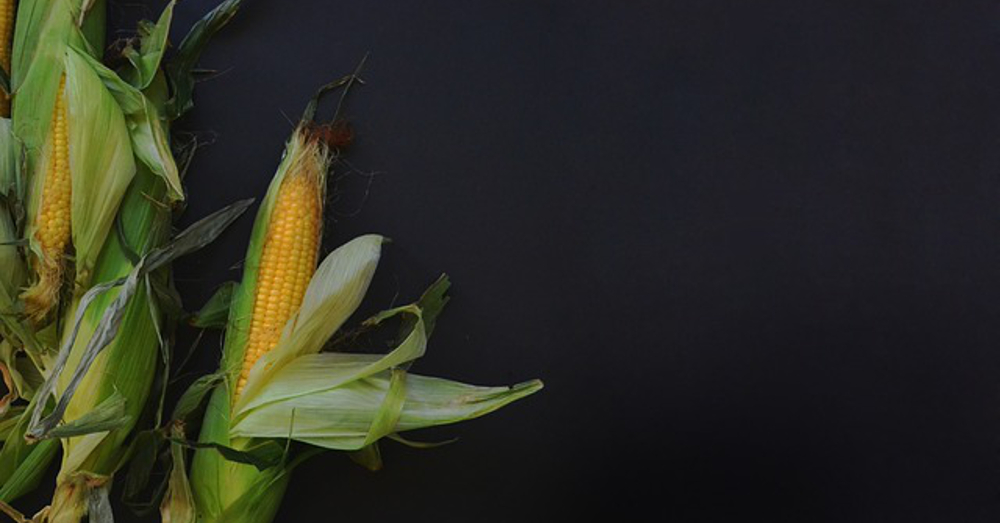
This Merger Would Threaten Food Supplies Around the World. Who Will Stop It?
It’s the worst corporate merger you’ve probably never heard of, and one that could spell disaster for our global farming system. Bayer recently started the clock for the European Union to approve its $65bn takeover of Monsanto. If approved, the merger would be an extremely risky consolidation of corporate power, not to mention a serious threat to food supplies and farmers around the world. It is essential that regulators properly investigate it and take decisive action before it’s too late.
August 23, 2017 | Source: The Guardian | by Hannah Lownsbrough
If the Bayer-Monsanto merger is approved, the concentration of agricultural control could have major consequences for farming families and communities
It’s the worst corporate merger you’ve probably never heard of, and one that could spell disaster for our global farming system. Bayer recently started the clock for the European Union to approve its $65bn takeover of Monsanto. On Tuesday, EU regulators announced that they would now launch an in-depth assessment of the merger on anti-competitive grounds – what it calls a “phase 2 investigation” – which will take several more months.
If approved, the merger would be an extremely risky consolidation of corporate power, not to mention a serious threat to food supplies and farmers around the world. It is essential that regulators properly investigate it and take decisive action before it’s too late. Campaigns that mobilise ordinary citizens to challenge the merger will be a big part of encouraging regulators to face up to these mega corporations in the coming months.
There are good reasons to be worried. The merger would eliminate direct competition between two of the biggest players in the “traited” seed market, in other words, the market in seeds that have been developed or engineered to have certain qualities that make them more profitable. There could be major consequences for seed development, herbicide markets and robust, open research and development processes.
The corporation spawned from the merger would control nearly three quarters of the cotton-growing land in the US, which is far too high by any reasonable test of monopolistic control. There would be a huge concentration of the market in large swaths of seed development and sales for other commonly used seeds, including traited strains of canola, soybeans and corn. The merger would also increase Monsanto’s control over other areas in which it is already a dominant player, including fertilisers, pesticides and farming technology.
Ultimately, the merged corporation could “bundle” these products together, with farmers having few alternative options. The corporation could push prices up for farmers, which would ultimately end in increased food prices for consumers, too. The non-biotechnology choices could be pushed further and further to the margins of the market, potentially to the point of disappearing. Farmers and consumers could be badly affected, around the world.
